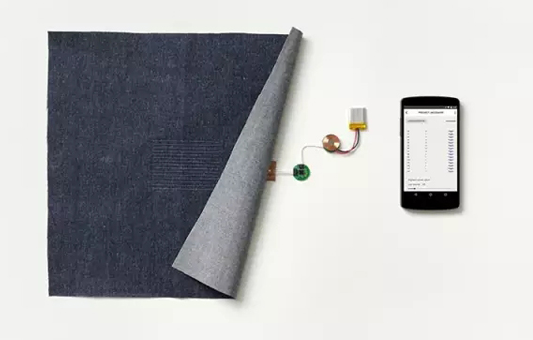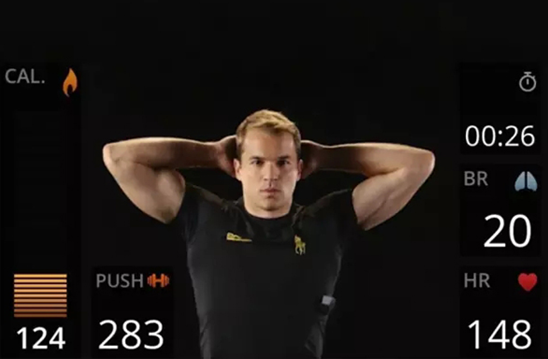The smart scenes that can be seen inside the movie are no longer illusory in the real world. The concept of "smart" has been popularized in major industries. Many companies with savvy industries have already upgraded their products to intelligent products. Smart glasses, smart watches, smart homes, smart cars, and so on that have emerged in the market are constantly strengthening "smart" thinking. The textile industry as a traditional industry also smells the bright future of “intelligenceâ€. A "smart wind" in the textile industry will become more and more fierce.
Robot that can measure when sewing clothes

A sewing robot may unemploy garment workers in low-wage countries
SoftWear Automation is a textile equipment manufacturer in Atlanta; Dr. Steve Dixon is the founder of the company, and Steve Dixon is a professor at the Georgia Institute of Technology. Steve Dixon said: "The deformation of the cloth is no longer a problem. The old automatic sewing technology can prevent this."
Softwear Automation is developing equipment that can handle a variety of automatic sewing problems. They will monitor the sewing process with multiple cameras connected to the computer. Researchers have previously attempted to use machine vision techniques, such as cameras, to detect if the edge of the fabric at the time of sewing has deviated from the sewing position.
Smart Fabric: Project Jacquard

Google announced two new projects, ProjectSoli and Project Jacquard, in June 2015 to reshape touch gestures and develop smart textiles. The Soli project wants to apply touchscreens, clicks, and swipes to other things that we use to control the phone. To this end, Google has developed small radar sensors that respond to hand movements. For Project Jacquard, Google developed conductive yarns that make it possible for woven fabrics to respond to touches and gestures. According to Google's introduction, sensor grids can also be woven into fabrics to create large interactive interfaces.
The re-emergence of the French textile industry focuses on the development of smart fabrics
The French "Le Monde" reported that according to the latest data from the Textile Industry Union, in the first half of 2015, the output of French textile products increased by 2% and exports increased by 5%. The number of employees in the French textile industry is 60,000, which is mainly distributed in northern Alsace, Lorraine and other places. Although French textile companies are threatened by competition from Asia, these Asian countries are also partners to the French textile industry. In 2014, China became France’s third largest textile exporter outside the European Union. The re-emergence of the French textile industry relied mainly on mechanization and innovation, especially on fabrics. French textile companies are committed to innovation and production of "smart fabrics" and ecological technology fabrics. (Ministry of Commerce)
   Â
Apparel Intelligence Facts and Figures

According to a MarketResearch.com survey, it is estimated that 26 million pieces of smart clothing will be shipped in 2016. More and more companies are starting to produce smart clothes. The technology has become more stable and it is no longer easy to fail. People are also more concerned about scientific and technological content year after year; all factors have led to an increase in market share. However, the biggest reason may lie in the willingness of consumers to wear watches because not everyone likes to wear watches or wristbands, but everyone wears clothes. This is the trend that apparel manufacturers and technology companies are looking forward to. The garment industry produces 19 billion pieces of clothing each year, which is 150 times more than the output of mobile phones. Of course, it has become the future goal pursued by all manufacturers.
The popularity of smart clothing in the future will undoubtedly elevate people’s daily life status to another realm. Intelligent thinking will trigger new opportunities and situations in the industry. Industry innovation is an inevitable trend, and lazy enterprises that stick to the traditional model production will be The market is gradually phased out. Whether it is textile machinery, grey fabric processing, fabric printing and dyeing, or garment production, all of which will undergo intelligent changes. For this unexpected change, companies in the textile industry should be ready to meet in advance.
Release fabric information, look for fabric, textile raw materials supply, fabric processing, fabric mesh fabric sourcing Chinese partner.
For more content, please follow this site
Polyester Cotton,Cotton Polyester Fabric,Polyester Blend,Cotton Polyester Blend Fabric
Suzhou Zhiqin Textile CO.LTD , https://www.zhiqintextile.com